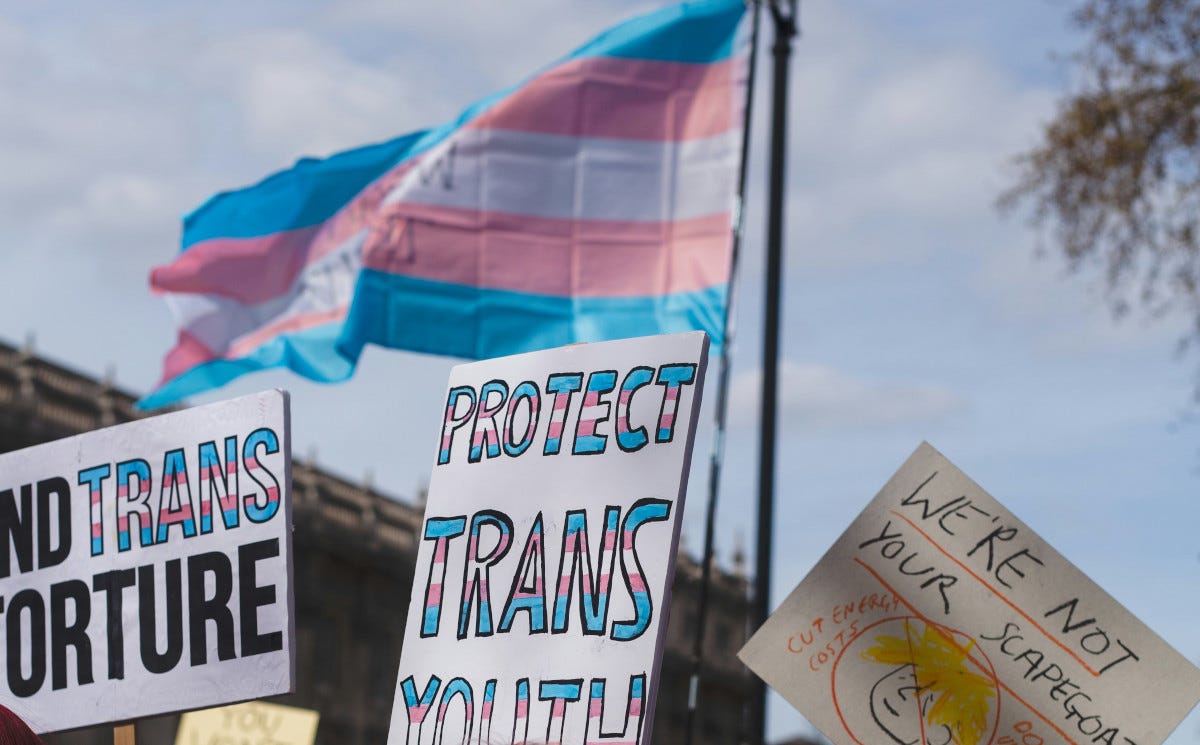Legal briefs claim ruling favoring trans athletes would threaten religious freedom
Supreme Court to review state laws limiting female teams to biological females

Technically, a pair of U.S. Supreme Court cases involving transgender females wanting to compete on school female athletic teams don’t have anything to do with the First Amendment, which provides for freedom of religion. The cases, which challenge state laws in West Virginia and …


